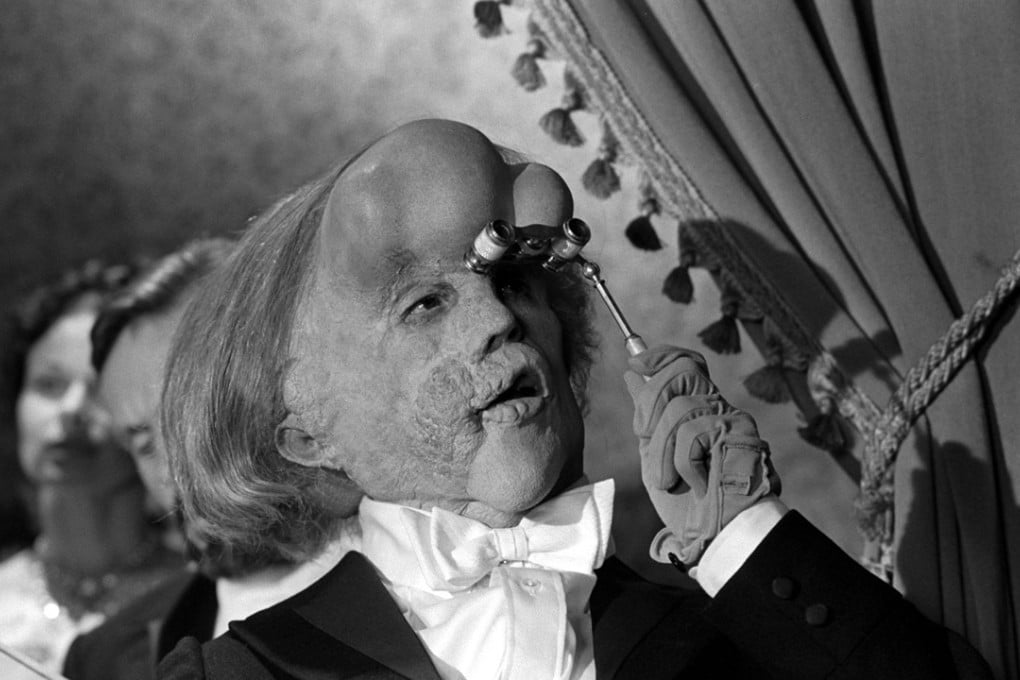Flashback: The Elephant Man, David Lynch’s most conventional film, takes a compassionate look at the life of Joseph Merrick
Unlike his other works, Lynch’s second feature is full of compassion and optimism, and based on the true story of Joseph Merrick, deformed star of a Victorian freak show

Although it’s perhaps the most conventional of David Lynch’s works, the director’s second film proves a good fit for his dark vision. Based on the life of the deformed Joseph Merrick, the big surprise for fans of Lynch’s misanthropic masterpiece Twin Peaks will be the The Elephant Man’s compassion, humanity and optimism.
The grim story set in a gloomy time is voiced as a gentle fable of inner strength and human kindness. The Elephant Man (1980) is based on the life of Joseph Merrick – called John in the film – who was born with extensive deformities of his head and body. Set in Victorian times, Lynch’s version begins with Merrick (John Hurt) imprisoned in a freak show where audiences pay to gawk at him.
Frederick Treves (Anthony Hopkins), a surgeon at the London Hospital, chances upon him, and installs him in the hospital for observation. Treves is shocked to find that Merrick is a well-read man with delicate sensibilities. Merrick wins the sympathy of Britain’s gentry, and in spite of the efforts of the freak show owner, attains his dream of being accepted by society.

The story is not based on the well-known stage play – which once starred David Bowie – but the memoirs of Treves, the surgeon. Lynch made a significant number of changes to Treves’ story, which also harboured inaccuracies. In real life, Merrick was not imprisoned by the freak show owner – he chose to exhibit himself in public to escape life in the poorhouse. He had an arrangement with the exhibitor that paid him well, and even toured Europe.